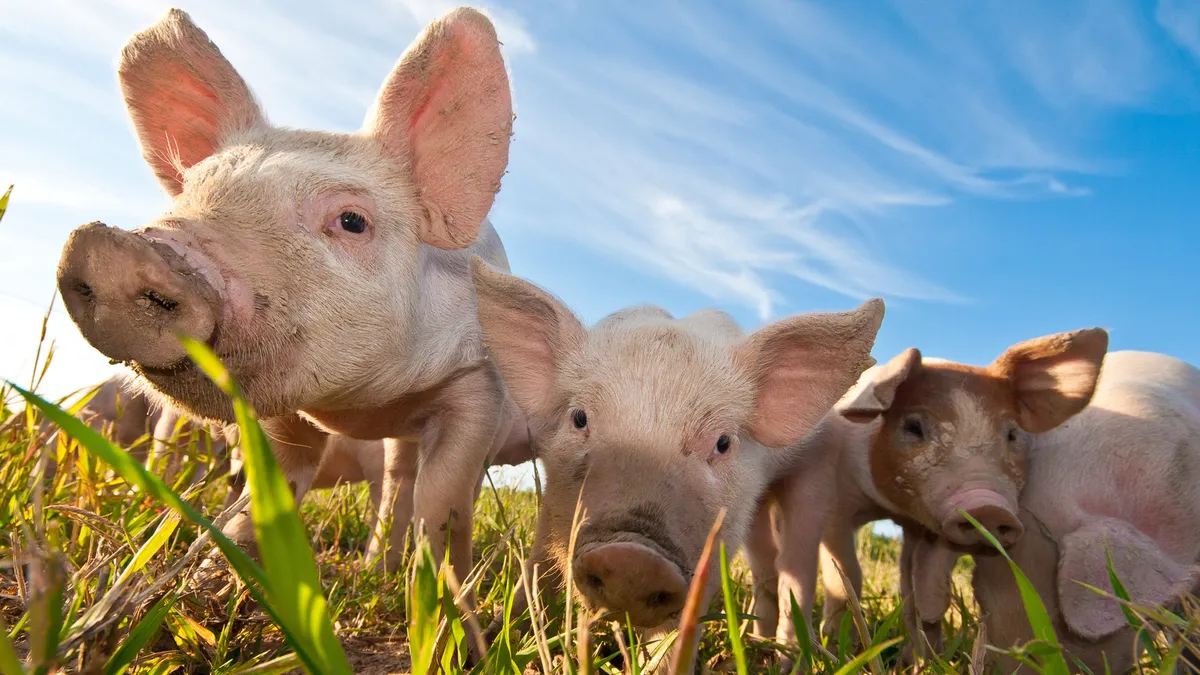Dive Brief:
- Duke Energy Carolinas, Duke Energy Progress, Dominion North Carolina Power, and cooperatives and municipal utilities are asking the North Carolina Utilities Commission (NCUC) for the third time to postpone the stipulation in the state’s 2007 renewables mandate requiring them to obtain a percentage of their power from swine and chicken waste-generated electricity.
- Requiring the use of the state’s industrial scale chicken and swine waste to generate power was one of the keys to getting the 12.5% by 2021 mandate enacted but the utilities continue to argue that facilities are not in place to provide the mandated amounts of waste generated electricity.
- The absence of adequate supply convinced the NCUC to delay to 2013, and then to 2014, the 2007 law's requirement that utilities obtain 0.07% of their power from swine- and chicken-waste-sourced biogas by 2012. This time regulators may have to consider the 0.14% by 2016 and the 0.2% by 2019 requirements in their decision.
Dive Insight:
The 2007 mandate was a victory for North Carolina’s renewables advocates who have waged a long fight against the utilities that argue renewables in North Carolina are insufficient and too expensive.
More recently, a source told this reporter, the NCUC must soon settle a debate in which (1) Duke Energy wants regulators to limit solar contract terms to ten years, while solar advocates want them extended to twenty years, and (2) Duke Energy wants the current 5 megawatt standard contract limited to 100 kilowatt or smaller projects while solar advocates want contracts extended to projects as large as 10 megawatts.
The source also noted that the purportedly close relationship between Duke Energy and North Carolina regulators continues to be the subject of a Grand Jury investigation.













